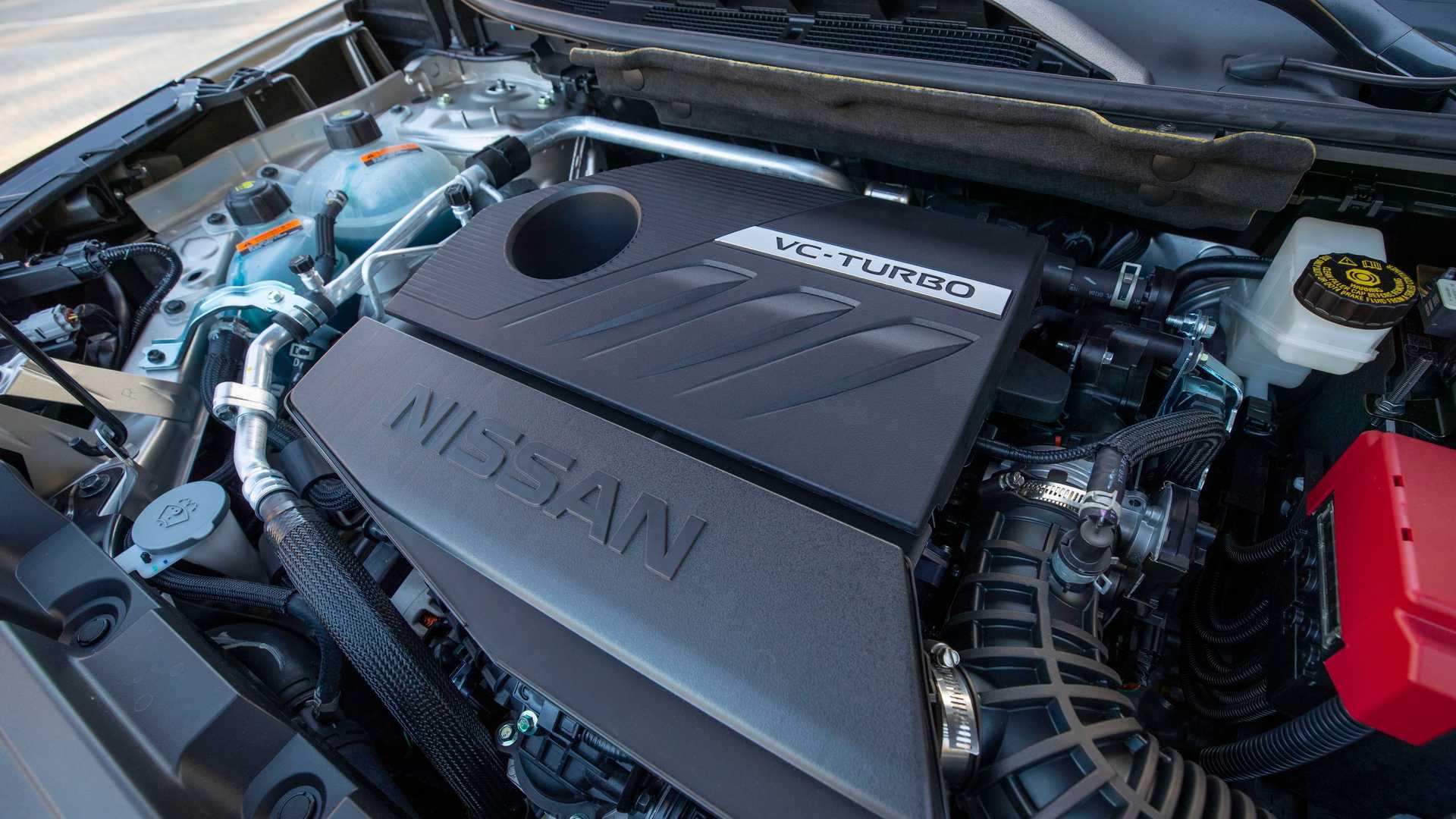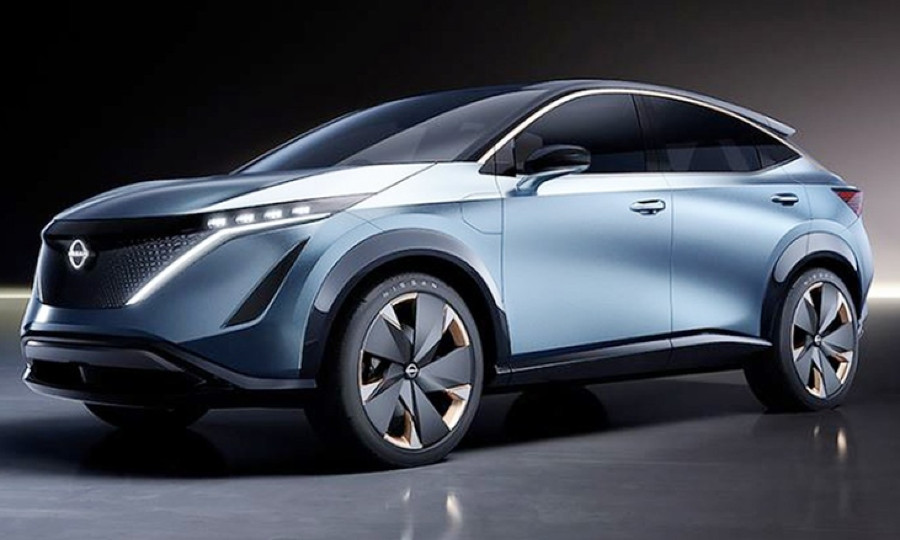Euro 7 emissions will increase the cost of ICE cars, making it more expensive. Customers will switch to EVs because they are less expensive.

The middle of the decade is when Euro 7 regulations will be in place. They are the last emission standards before EVs become fully-fledged. The European Commission has proposed a sales ban for new combustion cars starting in 2035. Although it must be voted on to become effective, many of the Old Continent’s automakers have already stated plans to eliminate ICEs five years earlier, by 2030.
 Teased as an entirely electric car, Nissan has already begun to shift to electric cars in its replacement for the Micra supermini. The next-generation Leaf will not be a hatchback but a crossover. Both EVs will be available on the European market in 2025. The COO of Nissan mentions that the company will continue to develop engines using fossil fuels, while pointing out that some customers still prefer ICE. He mentioned specifically the Z sports car, and Rogue SUV. He also said that conventional engine development will continue in the United States. Nikkei Asia reported that Nissan intends to stop ICE development in all major markets, except the US.
Teased as an entirely electric car, Nissan has already begun to shift to electric cars in its replacement for the Micra supermini. The next-generation Leaf will not be a hatchback but a crossover. Both EVs will be available on the European market in 2025. The COO of Nissan mentions that the company will continue to develop engines using fossil fuels, while pointing out that some customers still prefer ICE. He mentioned specifically the Z sports car, and Rogue SUV. He also said that conventional engine development will continue in the United States. Nikkei Asia reported that Nissan intends to stop ICE development in all major markets, except the US.